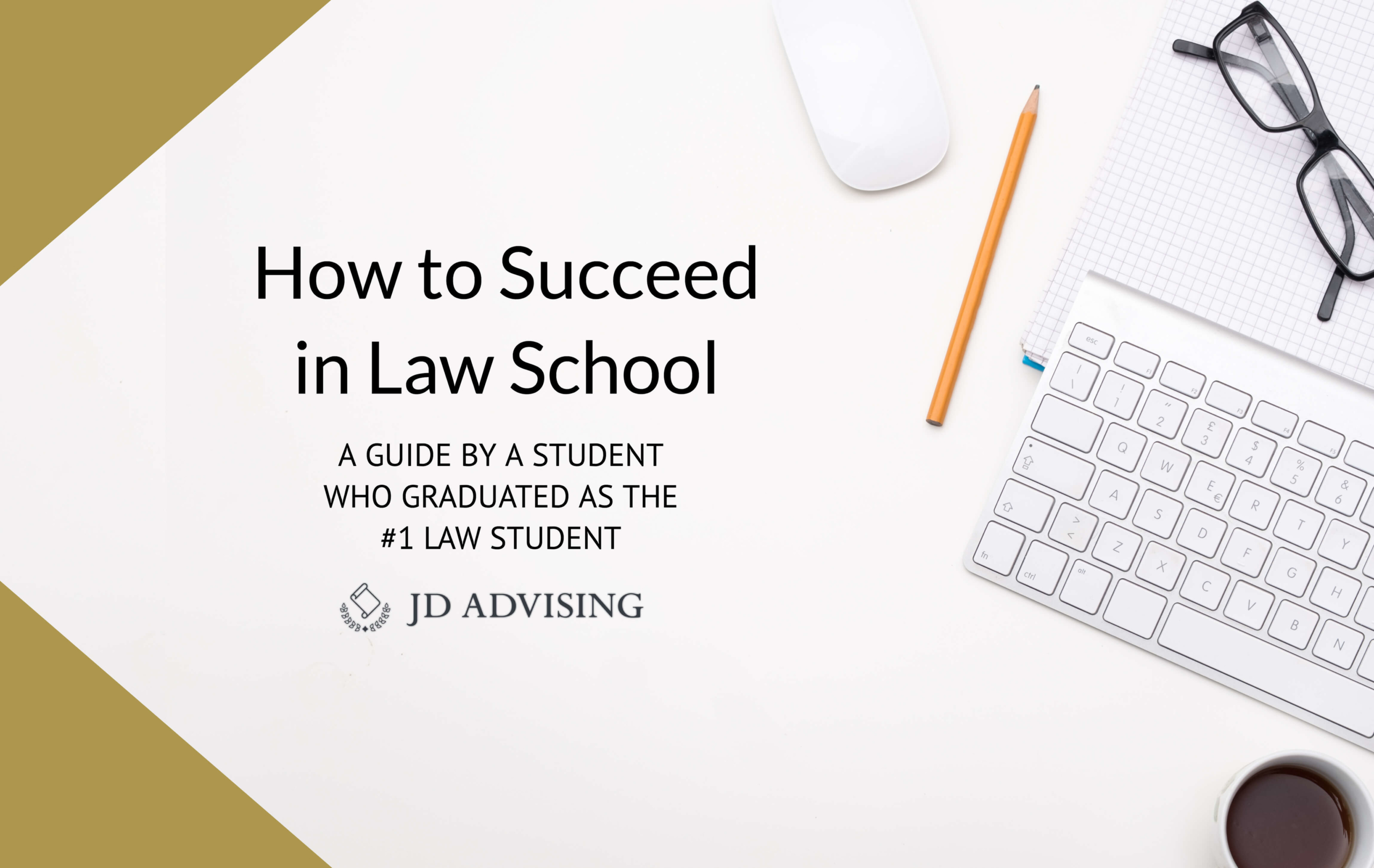What is the Socratic method in law school?
What is the Socratic method in law school?
If you’re thinking of applying to law school, you may have heard about the Socratic method (also known as cold calling) and how law school classes are different from classes in undergraduate or other graduate programs. Here, we will discuss the Socratic method and how to prepare for it.
What is the Socratic method in law school?
What is the Socratic method?
The Socratic method has its roots in ancient Greek philosophy, dating back to Socrates and Plato. The Socratic method is a question and answer format meant to spark critical thinking and question assumptions.
Law school professors use the Socratic method to discuss facts and holdings (the law derived from the judge’s decision in a case) for important legal cases. They also use the Socratic method to teach students how to apply the law to different hypothetical facts. Professors often employ this method, also called the “cold call method,” in which they call on students without prior warning.
What does the Socratic method look like?
Every professor is different. Some professors call on students randomly (i.e., use class roster or pick names out of a jar). Others will go in alphabetical order or go up and down rows. Other professors just take volunteers. And, some do not ask questions at all! It should be pretty obvious which method your professor uses after the first day of class!
If you haven’t observed a law school class yet, we encourage you to do so. Find a local law school and look online for their schedule of classes. Look for a few classes that look interesting and email the professors to ask if you could sit in. (Often admissions offices will coordinate class visits so be sure to check with them as well.) Most professors would be happy to have you observe a class. We especially recommend looking for first-year law courses, like Contracts, Torts, Real Property, or Criminal Law.
You can find examples of the Socratic method in movies about law school (such as The Paper Chase or Legally Blonde). But, you can also find examples of law school classes on YouTube, particularly mock classes for admitted students. Below are two examples of what the Socratic method can look like.
University of Georgia School of Law—Evidence class
In this video, we see the professor prompting two students to take on different sides, as if they were lawyers in a courtroom. The students are arguing for whether certain evidence is admissible in a criminal case.
The University of Akron School of Law—mock law class
Professor J. Dean Carro does a great job of explaining how a law school class works and goes through a mock Constitutional Law class.
Why do professors do it?
Professors use the Socratic method as a way to teach students how to apply the legal rule to different situations. Professors also like to use the Socratic method because it trains students to think on their feet. At the end of law school, after all the Socratic questioning, law students graduate with a stronger ability to reason and think on the spot. Lastly, professors like the Socratic method because it helps them engage all the students in the class, not just the most vocal. In fact, if you don’t want to be cold called, one solution is to regularly raise your hand and ask or answer questions. But, you don’t want to go overboard and derail the class with irrelevant asides.
Prepare for class
When are preparing for class, make sure you know the cases assigned for that day. You want to know the basic facts, the procedural posture (the journey the case took through the appeals system to get to the court that wrote the decision), and the holding. You also want to know the reasoning behind the holding; the professor may well ask you whether you agree with the reasoning and how you would decide differently with different hypothetical facts.
A few things to remember about cold calls
The first cold call is always scary. It’s natural to feel worried that you will freeze and forget everything about the case, or that the professor will throw you a question that you can’t answer. But keep in mind a few things:
- 1. Cold calls don’t influence your grade. Your grade is based on the final exam, not the cold call. You want to participate in class, but don’t worry if your cold call doesn’t go well.
- 2. Messing up a cold call is embarrassing, but it happens to everyone. No one will remember it.
- 3. Keep your eyes on the goal: the purpose of class is to learn the legal rules and how to apply them on the final exam.
- 4. Try to see the cold call as a learning opportunity. It’s a chance to think quickly and improvise in a low stakes situation.
- 5. Speak up! It’s natural to lower your voice when you’re nervous, but speaking confidently will help you get your point across. Plus, the professor won’t berate you for talking so quietly that your classmates can’t hear.
The Socratic method and cold calls can be stressful, but don’t let them rattle you! Instead, see them as opportunities to become a better future lawyer.
Go to the next topic, How do I survive the Socratic method in law school?
Seeking Success in Law School?
- Benefit from personalized one-on-one tutoring by our seasoned law school tutors.
- Explore our NEW and highly acclaimed law school study aids, available for a free trial.









The writing is terrific and full of good humor, together with more substance
than anyone else has.